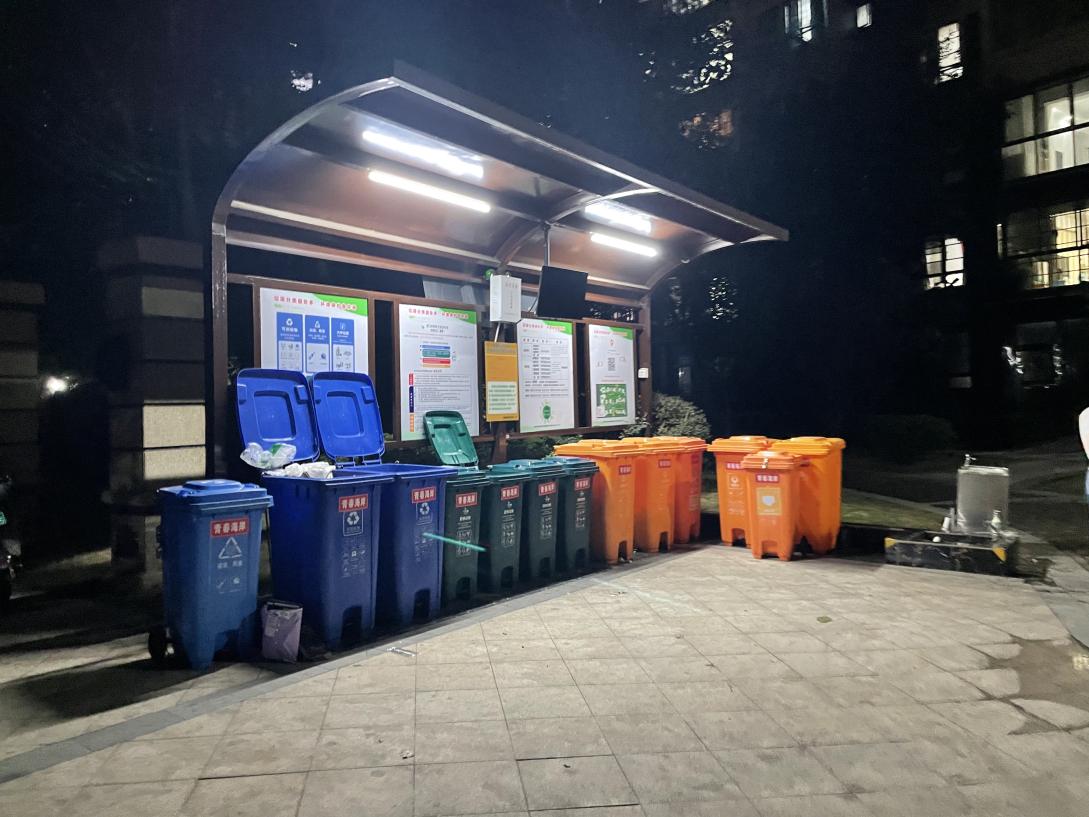Sustainability at One | Europe and China Work Together to Turn Packaging Wastes into Resource

Packaging is an indispensable part of any kind of product marketing and consumption nowadays while plastic is the most widely used packaging material. Nevertheless, 80% of packaging will be disposed immediately once the products have been consumed. This casts an enormous challenge on the environment.
Deutsche Gesellschaft für Internationale Zusammenarbeit (GIZ) GmbH, commissioned by Federal Ministry of Economic Cooperation and Development (BMZ) through the develoPPP funding, has rallied a group of leading European and Chinese companies to roll out a “Waste to Resource: Upgrading the value chain of packaging waste through improving collection and recycling in China” project (hereafter refer to as “Waste to Resource”) since August 2021.
The European and Chinese partners of this initiative are from different sectors of the entire packaging value chain that include Henkel AG & Co KGaA, Tetra Pak (Kunshan) Co., Ltd., Tomra System ASA, Nongfu Spring Co., Ltd and UPM Raflatac (China) Co., Ltd. The “Waste to Resource” project aims at driving sustainability excellence of packaging industry focusing on five types of packaging wastes: plastic flexible packages (including both mono and composite materials), beverage carton package, PET bottles, rigid packages for cosmetics products and delivery packages.
The “Waste to Resource” project strives to achieve its objectives via many fronts. For instance, inspired by the packaging waste collection mechanisms from Europe, the project pilots to upgrade the waste segregation system in China. With support from local authorities and waste service providers, the project demonstrative schemes aimed at increasing the recycling rate of packaging waste to 50% through a variety of actions such as developing a comprehensive collection list and carrying out public education. This rate is at par with the standard of EU in this regard.
In November 2021, the project launched a nationwide initiative on reducing plastic packaging waste in colleges. So far 15 universities and colleges have joined this initiative. The focuses of this initiative included: Calling for reducing one-off consumption of plastic items in campus, supporting recycling of plastic waste and conducting research for identifying sources of plastic and packaging wastes in campus.
Henkel, a partner of the project, together with Berry, have unveiled an eco-friendly packaging solution for shampoo in 2022. This new solution boosts low carbon transition in products using post-consumer-recycle material. This is also the first bottle-to-bottle recycling of coloured shampoo packages in China. Nongfu Spring and UPM Raflatac, other two partners of the project, have launched a pilot scheme to test wash-off labels for improving the sustainability performance of PET bottle. In addition, the project, together with Henkel and delivery companies, is exploring alternative solution for plastic packaging in the express delivery business.
The task force also established a digital platform to facilitate the collection of plastic waste from environment. This platform, running on China’s popular social media, WeChat, goals at tackling the plastic waste issue from two ends. On one hand, it encourages plastic waste generators to provide funding and launch initiatives to collect the plastic waste. In return, they can receive the tracked data and generate corresponding plastic credit, fulfilling their corporate commitments. On the other hand, individuals are encouraged on this platform to enrol in waste collection activities and make contribution to the fight against environmental pollution. The platform would be able to engage brands, NGOs, waste collection companies and individual consumers in the process.



